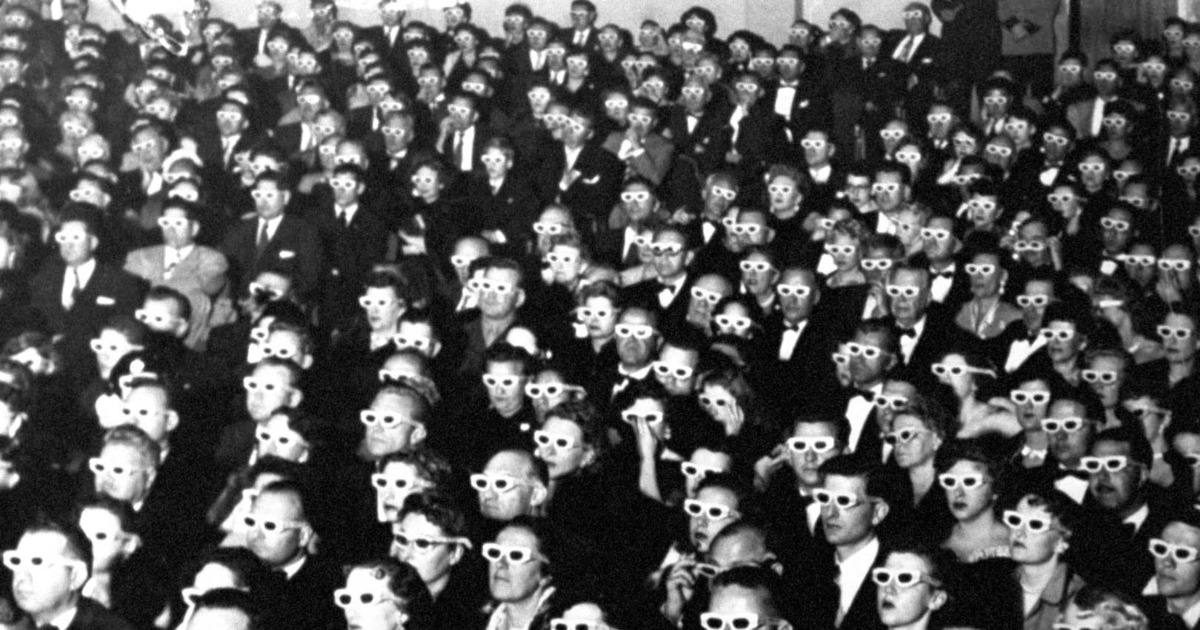In what is one of the more frightening uses of cloud computing, big data, data science, and data analysis, China has been working on what can only be described as the gamification of consent (a twist on the title of Edward Bernay’s book The Engineering of Consent). Via a new social media scoring system that rates your submission to the party line (though currently only running in numerous pilotprojects), the communist government will give incentive rewards for “appropriate” behavior in the light thereof, and take those rewards away for a dissenting score. This has huge implications as it relates to the study of mass psychology and the use by governments of tools like this to manipulate and coerce their populations into submission.
Tag: Control
Revealing statement: “There is no better motivator than unaffordability.” … I actually had someone tell me this on Twitter in regard to reducing our need to use cars. So the thinking goes amongst environmentalists and command/control economic theory (Obama administration style): intentionally drive up the cost and drive down the standard of living through policy to get a result of reducing use of all modern technology, in the name of saving the planet. And this is precisely what the UN wants too in Agenda 21: “Isn’t the only hope for the planet that the industrialized civilizations collapse? Isn’t it our responsibility to bring that about?” – Maurice Strong, Founder of the UN Environment Programme @ Rio Earth Summit, 1992
“I was convinced that there was still plenty of time.” With those words the author Aldous Huxley looked back to 1931, and the publication of his famous novel Brave New World. Huxley’s vision of an oppressive culture of total authoritarian control and social engineering was among the most shocking literary events of the twentieth century. But just 27 years after the publication of Brave New World, Huxley was already aware of his underestimation of the threat represented by modern technocratic society.

